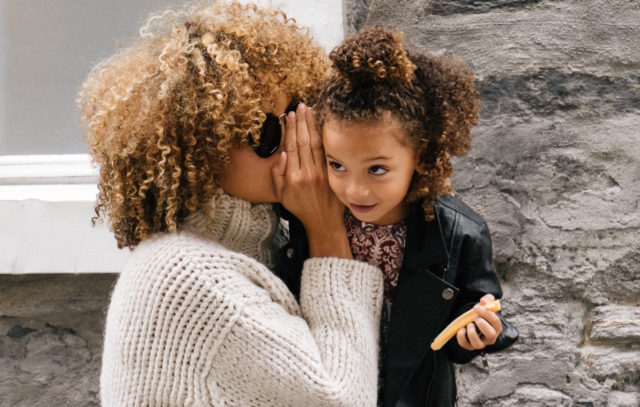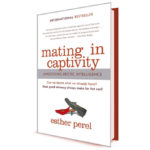
A friend recently wrote us about her real world application of some of the advice Lo recently gave in “How to Prevent a Brock: 10 Practical Ways Parents Can Fight Rape Culture.” We couldn’t be more delighted! Raising conscientious kids with agency — especially girls — is possible in small, everyday ways like this:
I wanted to share something that happened last night while my six year old was getting ready for bed. We were talking about her day at camp and she said, “I want to tell you something that someone said to me that I didn’t like, but I think you’re going to laugh if I tell you.” I assured her I wouldn’t laugh and she said, “I’ll whisper it to you.”
So she leaned in and whispered that there’s a boy who told her “I love you.” Then she said “I really didn’t like that” and she got all teary. She said, “I love you is only for your family and your best friends and I don’t even know him!”
My first instinct was to say something like, “Aw, I’m sure he was just trying to tell you he thinks you’re really nice.”
And then it hit me: I was literally in the first moment where I could teach her to excuse it away (my first instinct) or I could teach her to stand up for herself and her boundaries
So I said, “It’s always okay to tell someone if you don’t like what they are doing or saying to you. You can tell him that you don’t like it when he says that, and ask him to not to say it to you.”
Your article really opened my eyes to being able to see it that way. I am honestly shocked at my ingrained thought process— that my automatic response was to dismiss her feelings and justify his.
Later I said to my husband, “Telling her that he didn’t mean it that way is the first message that when someone does or says something that makes her uncomfortable she should ignore it and assume it’s harmless.”
Which blew my mind.
Anyway, thank you for what you wrote. I’m going to be talking to my kids about this stuff so differently now. And I thought I would already have done so.
















